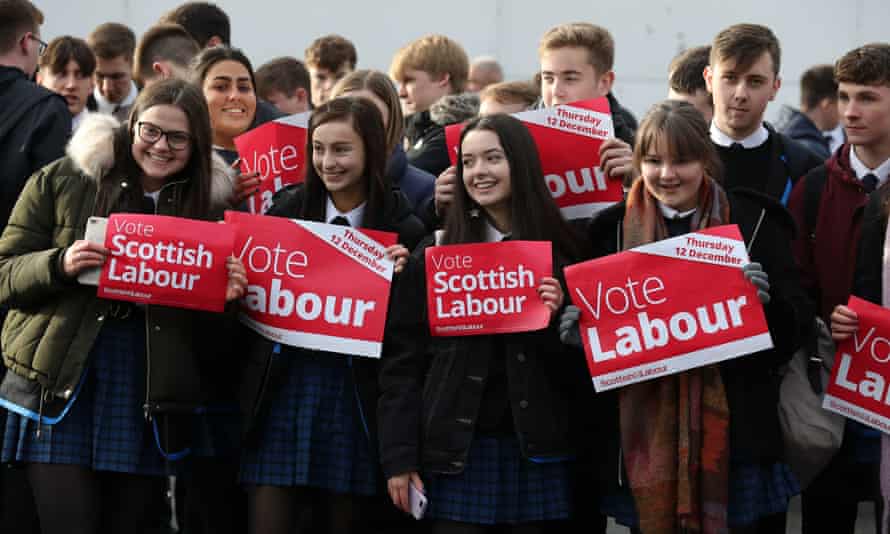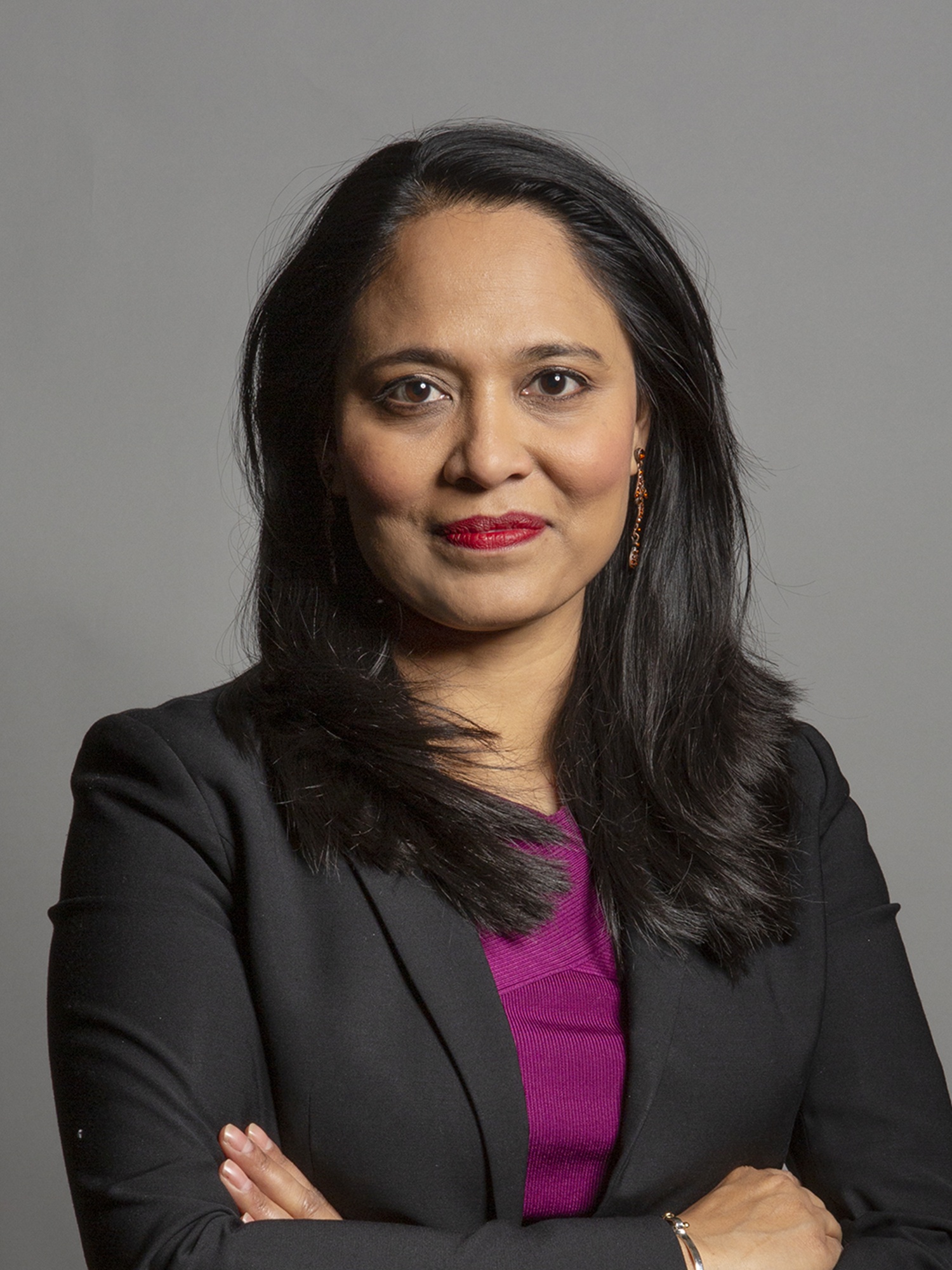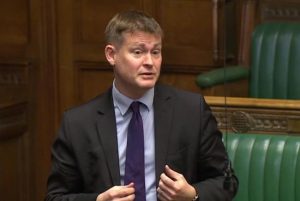Today’s young people have suffered economic turmoil, systemic injustices, and the gross inequities of the pandemic. 4.3 million children are living in poverty in the UK. Meanwhile, someone in the mid-20s has been through the global financial crash as a child, years of austerity as a teen, the chaos and trauma created by Covid-19, and economic shockwaves. Many young people have known bereavement, mental illness, poverty, and unemployment before full adulthood, at the very time when life should be full of hope, promise and opportunity.
Labour must construct a route-map for young people, from the crucial first 100 days of life, through nursery, school, and higher education, into the world of apprenticeships, training, work, and beyond. This cannot be done in stages and silos, delivered by uncoordinated agencies and departments. Instead it must feel like a seamless interaction between the citizen and state, with safety nets when needed, and springboards to personal advancement.
What are the key points on the route-map?
First, we need massive investment in perinatal health, especially mental health, and in meaningful parental leave. Fathers as well as mothers must be offered at least three months of leave, to provide full parental care for new-born babies. Next, we need to view early years provision as an essential public service, available to all, and paid for through taxation. Over 2000 early years providers have been lost since the start of the pandemic, and we cannot afford to lose any more because the market is broken.
The next Labour government should restart the modernised version of Sure Start, and provide tomorrow’s parents and young people with the excellent support and community that Sure Starts provided until the Tories closed them down. The original ethos of Sure Starts – community-owned and run – should be revived, engaging citizens in the design and running of the services and facilities. There should be a commitment to ending child poverty backed by financial support that have a proven impact on reducing hunger and poverty such as tackling holiday hunger, reducing housing costs, child benefit and other targeted income transfer policies, including addressing in-work poverty.
We also need to end the divide between academic and vocational education – a lingering effect of a rigid class system. The pandemic brought into sharp focus the value of teachers, social carers, nurses, drivers, cleaners, shop workers and a range of people who are vital but often not valued enough. There are certain types of job dismissed as ‘non-academic’ but which will be increasingly important, and our education and training system must reflect this. For example, we could offer financial incentives for those entering the social care sector and a more systematic programme of bursaries for training, not to mention better pay and conditions.
We must invest in the STEM subjects as the technological revolution shapes our world, and we rely ever more on scientists, doctors and medical experts to keep us safe. A modern apprenticeship must be viewed with the same value – perhaps even more value – than a degree. For example, if we are going to fix the housing crisis, we will need an army of brickies, carpenters, electricians, plasterers, engineers, plumbers and others to build the new homes we need. That means attracting our brightest and best into these sectors now.
This raises the question of funding higher and further education. If we equalise the journey into post-school education, then the financial support should be there for all. The student loans system is broken. We must find a fair way to remove the burden of debt and introduce a fair way to fund further and higher education. Further education colleges have faced unprecedented cuts over the past decade and need an injection of investment if they are to survive and thrive. The policy idea of scrapping tuition fees could be based on a set of eligibility criteria as opposed to a universal provision. There is also a case for revisiting the idea of a progressive graduate tax to replace the failing student loan scheme.
And what about the 536,000 young people who are currently out of work. We need to tackle youth unemployment with a renewed vigour, and schemes such as the National Youth Corps which calls for a minimum income guarantee while young people gain the training and experience go get a foot in the world of work. This is vital if we are to avert disaster for young people.
The Government’s Kickstart programme is failing to even scratch the surface. Only 16,500 young people have been hired through the scheme, against a backdrop of youth unemployment potentially peaking at over one million.
The next Labour government must construct a range of opportunities for young people – entry-level jobs, apprenticeships, quality training, volunteering, or work abroad – so no 16-24 year old is left without work, education or training. The system must be strong enough to withstand economic shocks and ensure that young people do not pay the price for others’ failures. And every young person should have access to trained mentors, to guide them at the crucial stages of their lives and particularly in the transition into the world of work.
The accumulative impact of recession, pandemic, and changes to our economy is the spread of poor mental health amongst young people. This is a generation scarred by anxiety, depression and a range of other mental illnesses. Almost 70% of children and young people who have experienced a mental health problem have not had appropriate interventions. As a society we must recognise the vast scale of unmet need and invest in mental health services for children and young people, in counselling and talking therapies, in mental health first aid in the workplace, in high quality youth service provision, and in total support at every stage of life. The cost of inaction will be far greater down the line if we fail to act.
Lastly, we must never forget that it takes a village to raise a child. As we fashion our policy for the next generation, we must recognise the interdependence of so many different areas – education, housing, transport, skills, health and jobs. There needs to be co-ordination across government, perhaps a taskforce, cabinet sub-committees or even a whole government department for young people working alongside the the department for education to help lift children and young people out of poverty and ensure all children and young people can fulfil their potential.
Rushanara Ali MP is the Labour MP for Bethnal Green and Bow.





